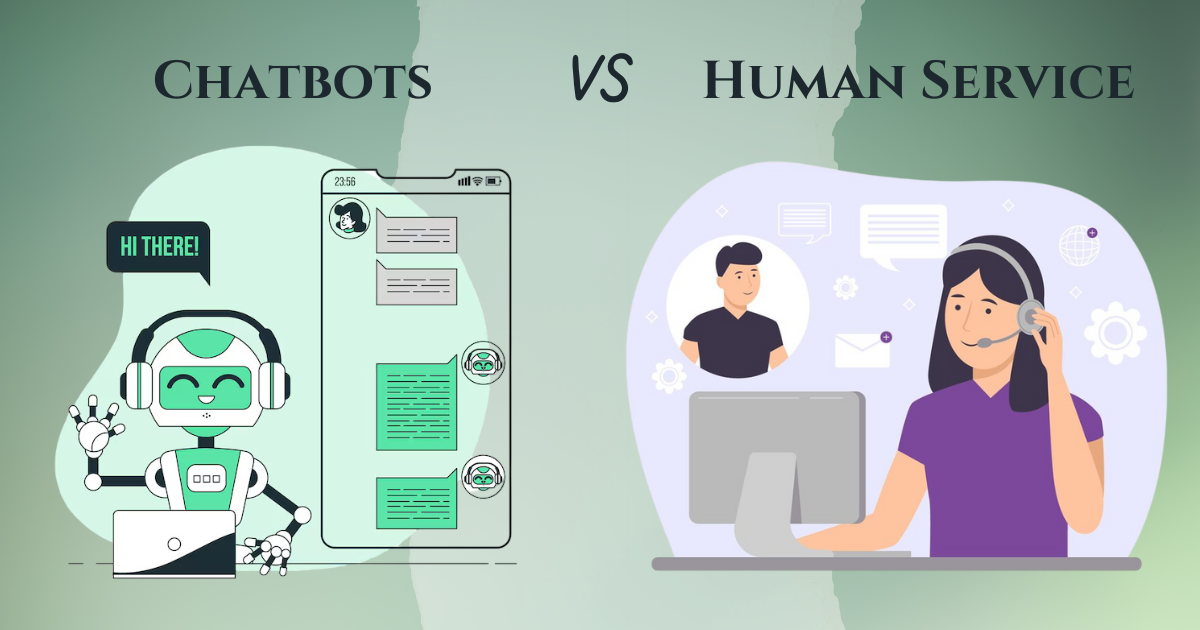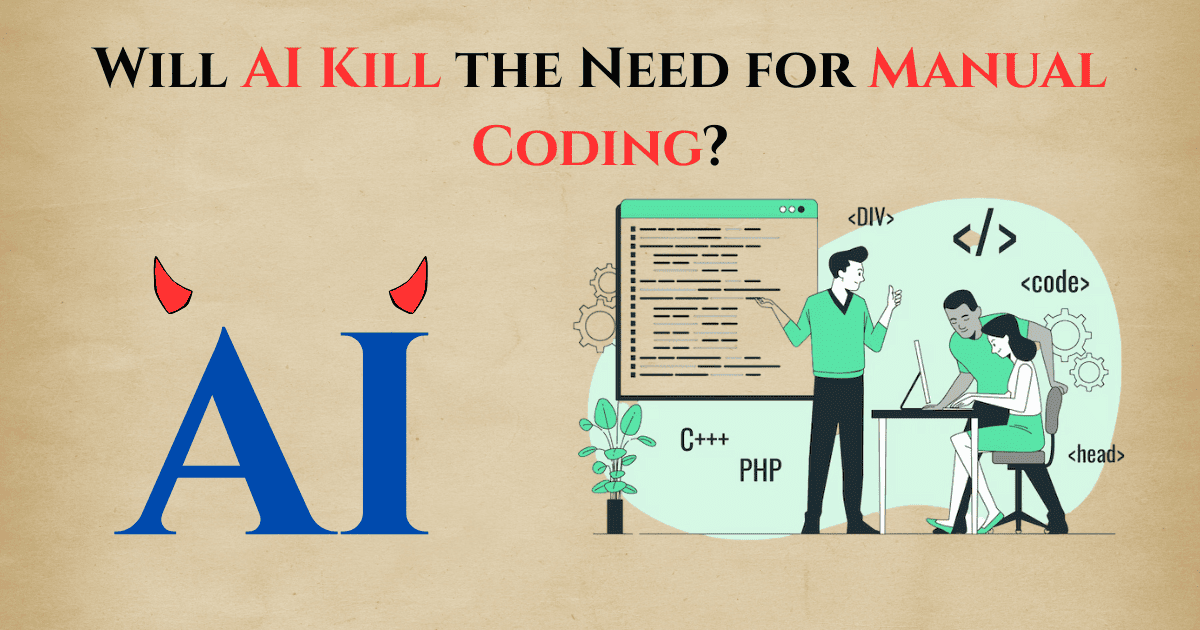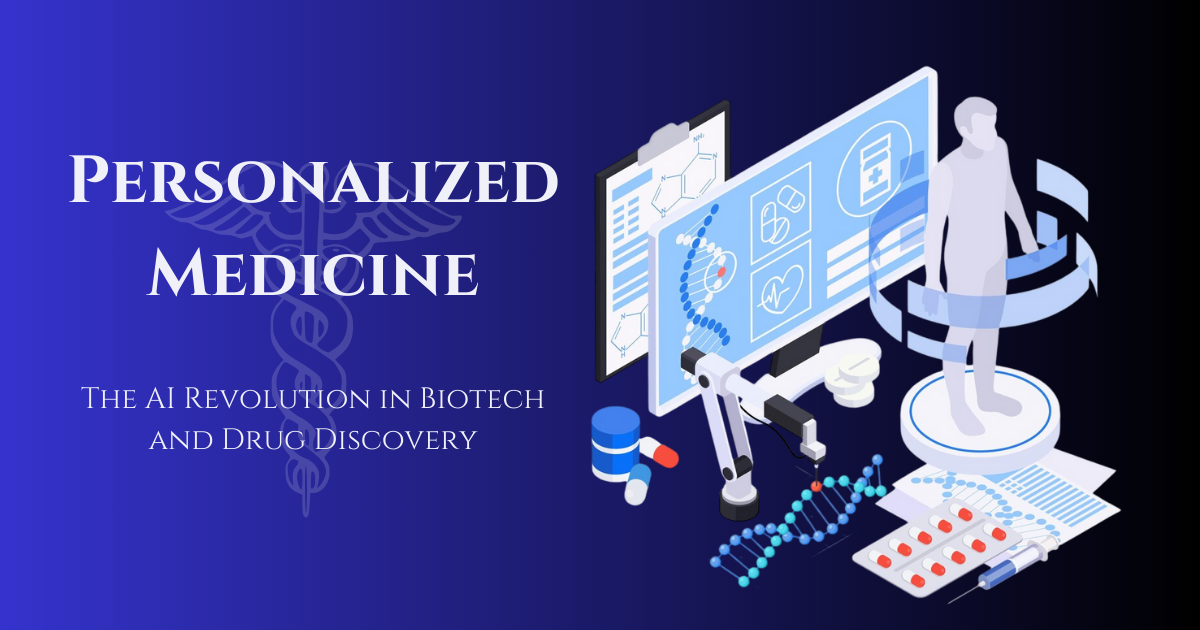Discover how Meta AI is revolutionizing the tech world, from personalized social media experiences to shaping the future of the metaverse and beyond. Learn about its key technologies, applications, and challenges.
Meta AI, a cutting-edge innovation by Meta (formerly Facebook), has already begun to reshape the future of AI. Leveraging the company’s vast data resources and research capabilities, Meta AI stands out as one of the most ambitious projects in the tech world. From creating smarter social media experiences to enhancing machine learning and AI systems across various industries, Meta is not only pushing boundaries in social networking but also defining the future of AI. In this blog, we will dive deep into what Meta AI is, how it works, its potential applications, and the challenges it faces.
What Is Meta AI?
Meta AI is Meta’s overarching artificial intelligence initiative, focusing on building a wide range of advanced AI technologies. At its core, Meta AI aims to improve user experiences across its platforms—Facebook, Instagram, WhatsApp, and Messenger—while also pioneering research in fields like natural language processing, machine learning, and computer vision. The initiative includes a mix of internal AI technologies and collaborations with research organizations, aiming to advance AI in both social media and other areas of life.
Meta’s vision extends beyond social media, creating a metaverse where AI will play a key role in building virtual worlds, facilitating communication, and enhancing experiences. But it’s not just about creating better experiences for users on social platforms; Meta AI also holds the potential to revolutionize industries like healthcare, education, and more.
Key Technologies Behind Meta AI
1. Natural Language Processing (NLP)
One of the flagship technologies of Meta AI is NLP, which powers the communication between machines and humans. By using NLP, Meta AI is capable of understanding and processing natural human languages, enabling improved content moderation, translation, and chatbot experiences. NLP also plays a role in personalizing user feeds on Facebook and Instagram by analyzing the language patterns and preferences of users.
2. Computer Vision
With the massive amount of visual data shared on platforms like Instagram and Facebook, Meta AI uses computer vision to analyze images and videos. Whether it’s identifying objects in pictures, recognizing faces, or even detecting harmful content, Meta AI’s computer vision capabilities are continually evolving. This is not just limited to social media, though. Meta is also applying computer vision to its augmented and virtual reality projects within the metaverse, where realistic visual interactions will be critical.
3. Machine Learning & Deep Learning
Meta AI extensively uses machine learning (ML) and deep learning (DL) techniques to power its algorithms, such as recommending posts, optimizing ad placements, and improving targeted marketing strategies. With the ability to analyze vast amounts of data, Meta AI can predict user behavior, make decisions in real-time, and enhance engagement across all platforms. The deeper the learning, the more personalized the experiences become.
4. Multimodal AI
Meta is also working on multimodal AI, which combines data from various sources—text, images, and audio—to improve its understanding of the world. By integrating multimodal capabilities, Meta AI aims to create more holistic AI models that can analyze and generate content in diverse ways. This will enable better recommendations, improved virtual assistants, and richer user experiences.
Applications of Meta AI: Transforming Industries
1. Social Media Optimization
The most immediate application of Meta AI can be seen in social media. Meta AI improves user engagement by recommending personalized content, optimizing ad placements, and improving newsfeed algorithms. It also enhances communication tools, offering smarter chatbots on Messenger and WhatsApp that can assist with customer service, bookings, and more.
2. Healthcare
Meta is applying AI to healthcare by developing algorithms that can detect diseases, predict patient outcomes, and support remote diagnostics. The platform also explores ways AI can support mental health initiatives, creating technologies that help detect signs of distress in users based on social media behavior.
3. Metaverse Development
One of the biggest future applications of Meta AI is in the metaverse. Here, AI will act as the backbone of a virtual world where users can socialize, work, and play. Meta AI will facilitate the creation of dynamic virtual environments that adapt to user preferences and interactions in real-time. Whether it’s creating realistic avatars, enabling seamless voice interactions, or generating new content, AI will be crucial in bringing the metaverse to life.
4. Automated Content Moderation
With billions of users interacting on Meta’s platforms, content moderation is a huge challenge. Meta AI has been trained to detect harmful content like hate speech, misinformation, and graphic material. Using advanced algorithms, AI can instantly flag inappropriate content, reducing the burden on human moderators and improving user safety.
Challenges and Concerns of Meta AI
While Meta AI offers immense potential, it also faces several challenges:
1. Ethical Concerns
Meta AI’s influence on user data and its role in shaping digital content raises significant ethical concerns. Critics argue that Meta’s AI systems could perpetuate bias, spread misinformation, and invade user privacy. In response, Meta has been working to develop more ethical frameworks for AI, ensuring that its algorithms are transparent, fair, and responsible.
2. Data Privacy
Meta has faced numerous controversies over user privacy in the past. With AI becoming more ingrained in its platforms, ensuring data privacy remains a top priority. Meta must ensure that AI technologies are used responsibly without compromising user trust.
3. Job Displacement
As AI automates more tasks, it raises questions about job displacement and the future of work. While Meta AI creates efficiencies, it also puts jobs that traditionally relied on human labor at risk, especially in areas like customer service, content moderation, and marketing.
4. AI Dependency
Over-reliance on AI could have unforeseen consequences. If Meta AI’s systems malfunction or are exploited, the impact could be widespread. Whether it’s a glitch in the newsfeed algorithm or an AI-powered tool going rogue, such problems could severely affect millions of users.
Meta AI: The Future of Intelligent Platforms
Meta AI is undoubtedly shaping the future of artificial intelligence. From transforming social media to building the metaverse, the scope of Meta AI’s capabilities is vast. While the technology continues to evolve, so does the conversation about its ethical, societal, and economic implications. Meta AI’s success hinges not only on its technological advancements but also on how responsibly it addresses these challenges. As we look ahead, it’s clear that Meta AI will continue to play a major role in defining the future of both social interaction and artificial intelligence.










